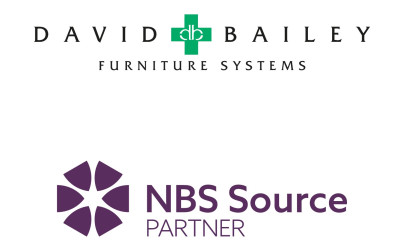Competence Framework for Sustainability in the Built Environment Launched
Achieving a sustainable built environment, including buildings, external works and infrastructure, is key to addressing the climate and biodiversity emergencies and meeting numerous national and international requirements and agreements. This needs to be the focus of the entire sector, working in collaboration and building on current efforts to achieve a transformation in building safety. To facilitate this, the sector needs to ensure that it develops the necessary interlocking competencies across all disciplines based on a common understanding and language.
To help enable this, the Construction Industry Council (CIC) and the Edge have today jointly published the ‘Competence Framework for Sustainability in the Built Environment’. This is an underpinning framework for developing discipline-specific sustainability competence requirements across the built and natural environment sector. The standard has been drafted as a Seed Document for a British Standard in the BSI’s Competence in the Built Environment series that commenced with BS 8670: Part 1 on Competence for Building Safety published in 2024.
The framework was developed under Workstream 10 of CIC’s Climate Action Plan, coordinated by the Edge with support from the University College of Estate Management (UCEM), through a process of extensive cross-sector and public consultation.
The aims of the framework are to:
a) Set core criteria for achieving sustainability;
b) Facilitate the development of sector-specific competence frameworks; and
c) Support a consistent approach to competence frameworks across the built environment.
The framework is intended for use by a wide range of organisations describing the competence requirements for specific roles in the sector, including commissioning clients and advisers, professionals, contractors, managers, manufacturers, suppliers and regulators.
The framework defines sustainability through five core criteria: Potential, covering natural systems, resources, energy and carbon, social impact, and harms and solutions; People, focusing on education, training and literacy, behaviours and teamwork; Process, addressing finance and risk, practice, and tools and technologies; Projects, encompassing land use and planning, external spaces, infrastructure and accessibility, and buildings; and Performance, which includes monitoring, information and feedback, resilience and adaptation, and emergency response. It also outlines five stages of competence for roles and functions: Recognise, Analyse, Apply, Achieve, and Advance.
Diagram 1 illustrated above : Competence Categories
A full copy of the framework can be downloaded here.
A free webinar presenting the Framework is being held on Wednesday 12 March at 1pm, you can register to attend here.
Additional news

Training support for prison roofing courses
Sika's UK Roofing Division has partnered with training provider GLA Group, which delivers prison education programmes across the UK, to help tackle the national construction skills shortage and...
Read more
David Bailey Furniture Systems launches fitted furniture range on NBS Source
David Bailey Furniture Systems has officially launched its extensive range of fitted furniture on NBS Source, opening up new digital doors for architects and specifiers seeking high-quality, fully...
Read more